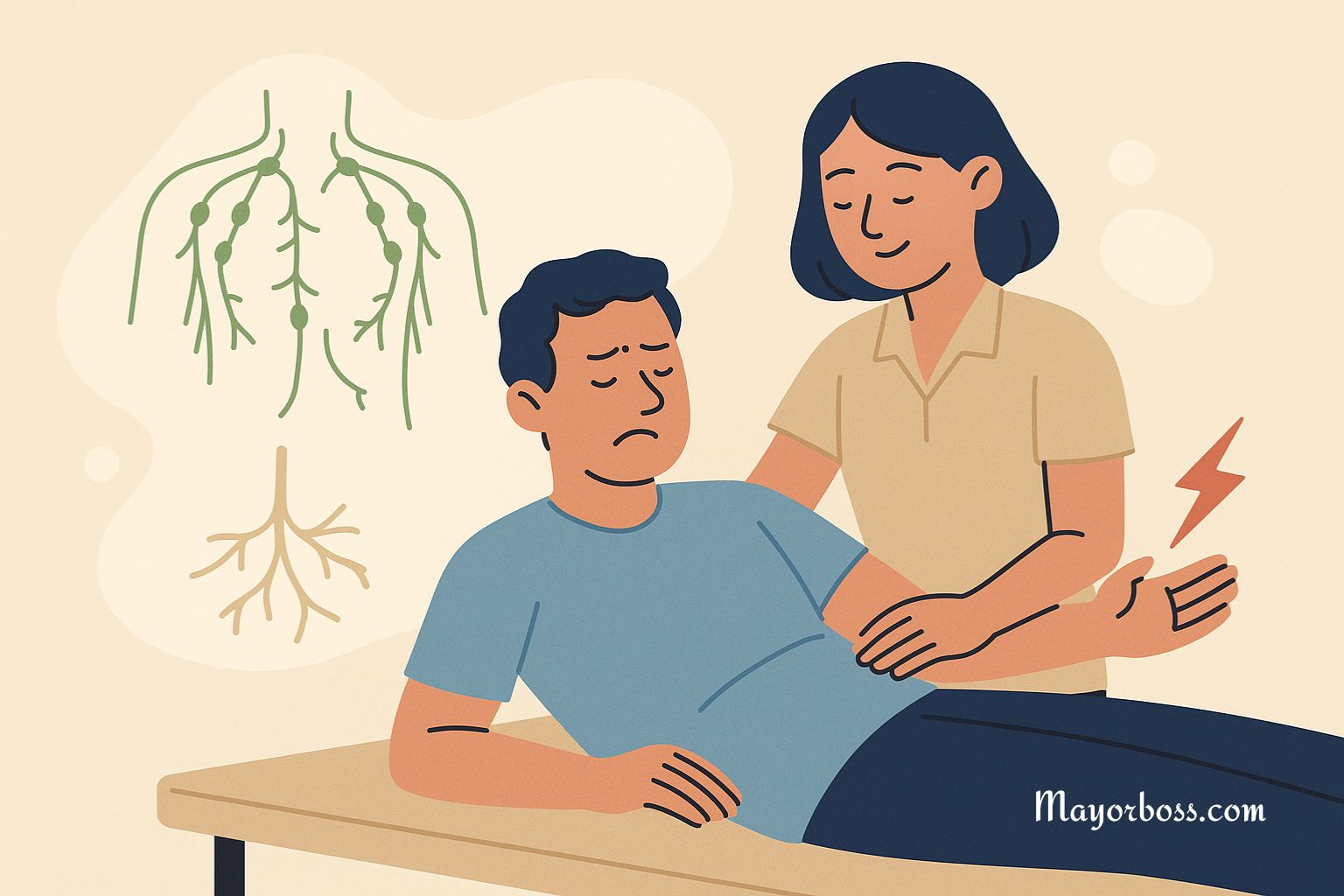High Blood Pressure: 5 Symptoms You Might Notice in Your Legs and Feet
If you were to picture high blood pressure, or hypertension as doctors call it, you might first imagine changes happening inside your chest. Perhaps you think only of the heart and blood vessels near it. However, high blood pressure can also affect parts of your body that seem far away from your heart, such as your legs and feet.

High blood pressure makes your heart work harder to push blood through your blood vessels. Over time, this extra force may damage the delicate walls of your blood vessels. When this happens, the vessels may lose some of their smoothness and flexibility. Blood does not flow as easily. When blood flow is limited or slowed, certain areas of your body—especially those far from the heart—can develop problems.
Your legs and feet are the far ends of your body’s blood highway. If your blood pressure is high, circulation there may become strained. This can lead to symptoms that might range from mild discomfort to more serious warning signs. While these symptoms are not always direct proof of high blood pressure, their presence could suggest it is time to visit your doctor.
In this article, I will describe five possible symptoms that might appear in your legs and feet when you have high blood pressure. If you notice any of these, speak with your doctor or a medical professional. The sooner you seek help, the easier it may be to control the condition and prevent more serious problems.
1. Swelling in the Ankles and Feet
One common issue people with high blood pressure may notice is swelling in their lower legs and feet. When blood pressure stays high for a long time, it can weaken or damage the small valves in your veins that help push blood back up toward your heart. Without proper function of these valves, blood, and fluid may begin to pool in your lower extremities, causing swelling.
This swelling often appears as puffiness around your ankles or even the tops of your feet. In some cases, shoes may feel tighter. You might also notice that the skin on your lower legs and feet looks stretched or shiny. Although swelling can have many causes—such as standing for too long or eating too much salty food—persistent swelling may mean it is time to have your blood pressure checked.
2. Coldness or Numbness in Toes and Feet
Another sign that something might be wrong is if your toes or feet feel unusually cold or numb. This can happen because high blood pressure can reduce circulation. When blood has trouble moving through narrow or stiff blood vessels, less warm, oxygen-rich blood reaches your feet and toes. As a result, you might find that your feet feel cold to the touch.
Numbness can also be a concern. In normal, healthy circulation, blood delivers oxygen and nutrients to every cell. If this flow is slowed, nerve cells may not get what they need to work correctly. You might feel a tingling or “pins and needles” feeling in your toes and feet. If that numbness persists or returns often, it may be time for a medical check-up.
3. Changes in the Color of Your Lower Legs and Feet
Poor circulation caused by high blood pressure may show itself in the color of your skin. For example, your feet and lower legs might look pale or bluish if blood is not flowing as it should. On the other hand, if blood is pooling, these areas might look darker or even reddish.
This color change might be subtle, but if you pay close attention, you can see differences when you compare one foot to the other. Sometimes, pressing gently on the skin can cause a noticeable delay in the return of normal color. If the color does not look right, it might be more than just a chill in the air. You might want to ask a doctor to take a closer look.
4. Cramping and Pain in the Calves
When your muscles do not receive enough fresh blood, they can ache or cramp. Calf muscle pain, especially after walking only a short distance, can be a sign of reduced blood flow. This discomfort is known as intermittent claudication. While it often appears in people with peripheral artery disease, it can also occur when high blood pressure narrows important blood vessels.
Pain in the legs might start with mild cramps that go away after rest. Over time, however, these cramps can become more frequent or severe. Instead of blaming them on getting older or being out of shape, consider that it might be related to your circulation. A doctor’s evaluation can help you understand what is happening.
5. Slow-Healing Wounds and Skin Changes
When blood cannot move effectively, even small cuts, scrapes, or blisters on your feet and legs may take longer to heal. Healthy blood flow delivers the materials cells need to repair themselves. Without it, wounds may remain open or become infected more easily.
You might also notice dry, flaky skin or even hair loss on your legs and feet. These subtle changes often mean that your skin and hair follicles are not receiving enough nutrients and oxygen. Paying attention to such signs can help you catch circulation issues sooner.
When to Seek Medical Attention
If you notice one or more of these symptoms, it does not always mean you have high blood pressure. Many other conditions can cause similar changes in your legs and feet. Still, it is reasonable to pay attention and speak with your doctor. Treating high blood pressure often involves making healthier food choices, getting regular exercise, reducing salt intake, and sometimes taking medication. With proper treatment, many people find that their circulation and comfort improve.






